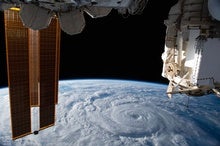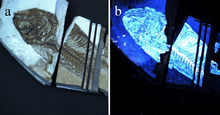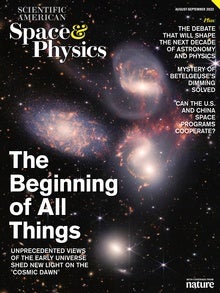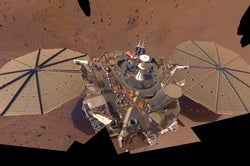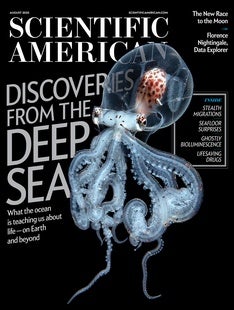 |
| July 28, 2022 |
Dear Reader,
This week, we're thinking about otherworldly underworlds. After the runaway success of the seismic science experiments aboard NASA's InSight Mars mission, which led to the detection of more than a thousand marsquakes, planetary scientists are plotting ways to place seismometers on a panoply of future missions to reveal the hidden depths of worlds across the solar system. Our lead story has the details. Elsewhere this week, we have stories on new instruments to detect the glow of alien life, a novel phase of matter that may exhibit two time dimensions, the origins of zero, "hidden gems" within the Webb telescope's first images, and more. Speaking of the Webb… If you happen to be in or around the New York metropolitan area this evening, do consider coming out to a sensational (and free!) gathering at Pioneer Works in Brooklyn, where the Webb telescope's top scientist, Nobel laureate John Mather, will be in conversation about the mission with the renowned astronomer Wendy Freedman as well as the physicist and author Janna Levin. |
| |
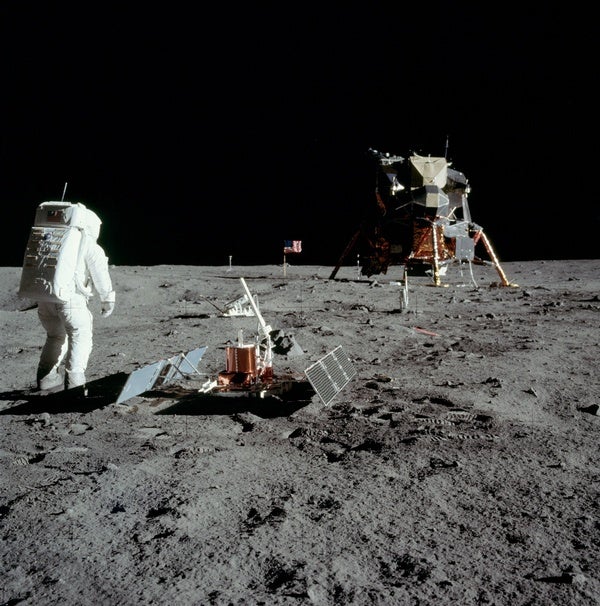 |
| |
| |
| |
| |
| |
| |
| |
| |
FROM THE STORE
 | | Extraterrestrials and the Search for Life Do aliens exist? The enduring mystery of whether we're alone in the universe is a question that continues to drive scientific study into groundbreaking directions. This collection examines the latest thinking in the search for life, from discussing why we haven't found evidence of aliens so far to determining where and how to conduct the search to opening up the possibilities for what otherworldly life could truly look like. |  | | |
| |
FROM THE ARCHIVE
 | | | |
LATEST ISSUES
 |
| |
| Questions? Comments?  | |
| Download the Scientific American App |
| |
| |





